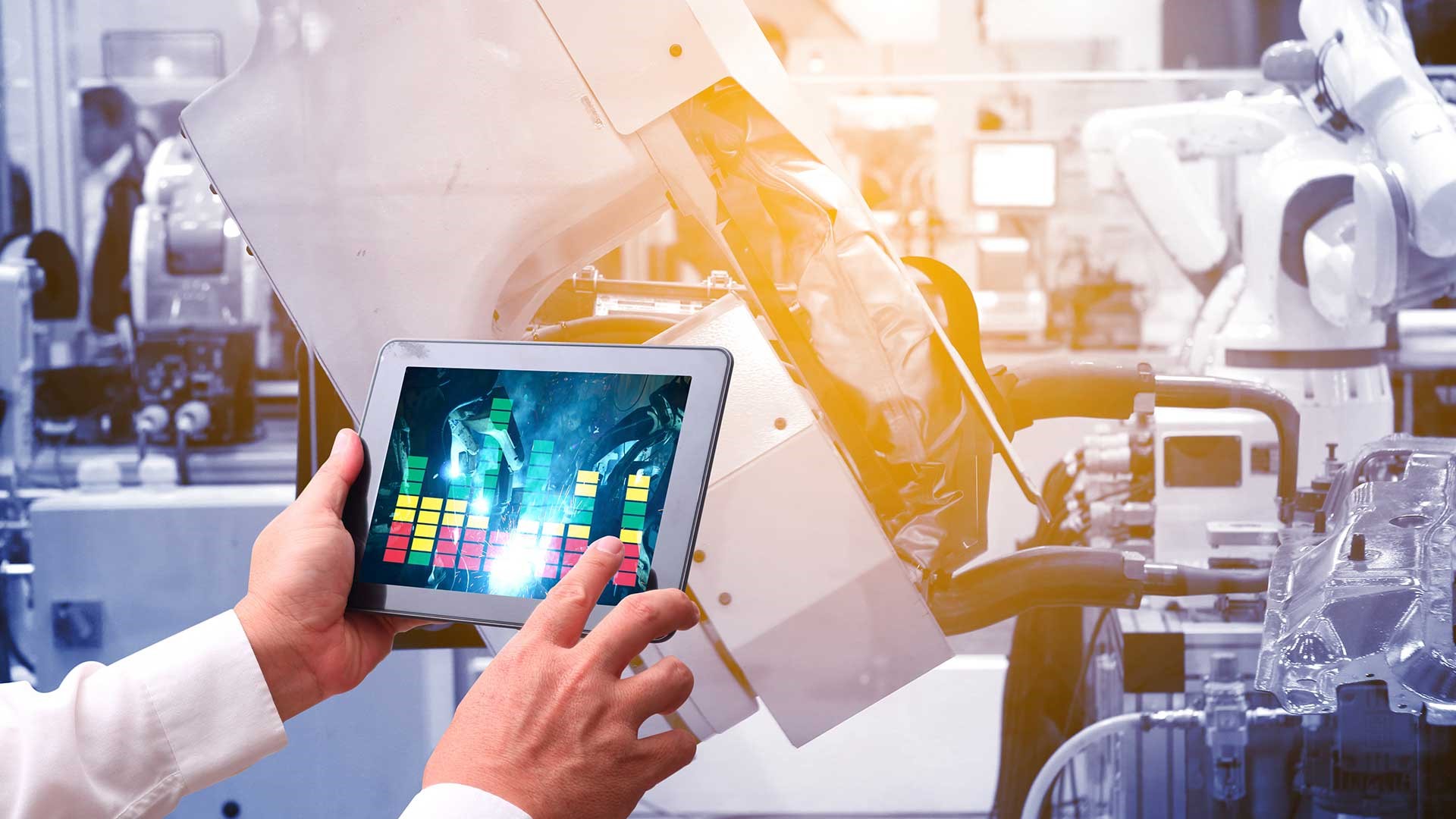

Technology has emerged as a crucial driver in reshaping industries worldwide in today's quickly expanding environment. The aluminium industry is one sector experiencing profound changes due to technological advancements. Technology is vital in reshaping the future of aluminium production, from extraction and manufacturing processes to recycling and energy efficiency. With innovative solutions and cutting-edge tools, the aluminium industry is witnessing a paradigm shift that enhances productivity and sustainability and unlocks new possibilities for design and application. Here, we will discuss the pivotal role that technology is playing in revolutionizing the aluminium sector and examine the emerging trends changing its landscape.

Advanced extraction techniques: Advances in technology have enabled the creation of more efficient and environmentally friendly aluminium extraction technologies. Smelting and electrolysis processes have been enhanced, saving energy usage and greenhouse gas emissions.
Automation and robotics: Automation and robotics are increasingly used in primary aluminium production and manufacturing of aluminium products. By eliminating human error and the danger of accidents, this automation improves productivity, precision, and safety. Material handling, quality control, and maintenance are all done by robotic systems.
Data Analytics and AI: Data analytics and artificial intelligence (AI) are becoming prevalent in the aluminium industry. Companies leverage data to optimize production processes, predict maintenance needs, and improve energy efficiency. AI algorithms analyze large datasets and identify patterns, enabling better decision-making and process optimization.
Lightweighting and design: Aluminium is known for its lightweight and high-strength qualities, making it popular in the automotive and aerospace industries. Technological developments are enabling the development of novel aluminium alloys and production procedures that improve its grades even more. This allows the manufacturing of lighter, more fuel-efficient vehicles, aircraft, and other products.
Recycling and circular economy: Technology is crucial in advancing recycling capabilities in the aluminium sector. Advanced sorting and separation technologies enable efficient recycling of aluminium products, reducing the need for primary production from raw materials. Furthermore, digital tracking systems and blockchain technology are being explored to create transparent supply chains and facilitate the tracing and verification of recycled aluminium.
Energy efficiency: Technology is assisting in improving energy efficiency in the aluminium sector. Advanced control systems, real-time monitoring, and predictive maintenance technologies provide more precise energy management and process optimisation. This saves energy usage and prices and has little impact on the environment.
Smart manufacturing: Smart manufacturing, often known as Industry 4.0 or the Industrial Internet of Things (IIoT), makes inroads into the aluminium industry. Companies can construct interconnected systems that provide real-time insights into manufacturing processes, supply chains, and equipment performance by integrating sensors, connectivity, and data analytics. As a result, proactive decision-making, predictive maintenance, and overall operational efficiency are possible.
The aluminium sector is undergoing a revolutionary transformation driven by technological advancements. These breakthroughs are enhancing the industry's sustainability, productivity, and competitiveness and significantly reducing its environmental footprint.
Responses








